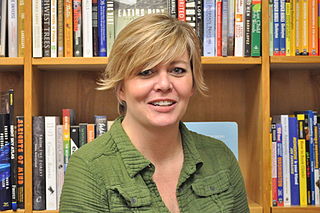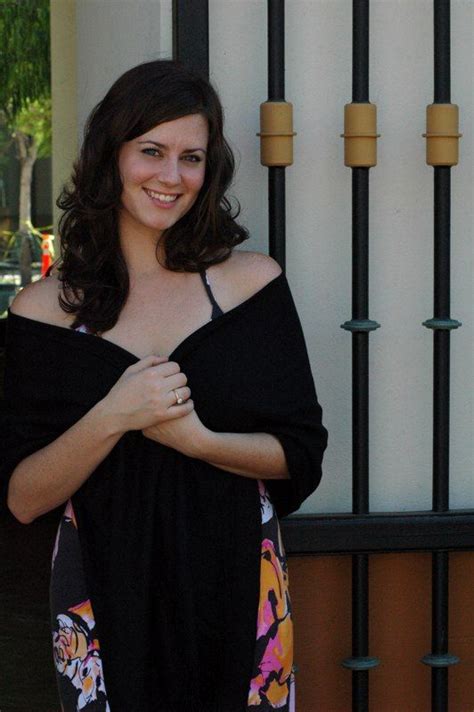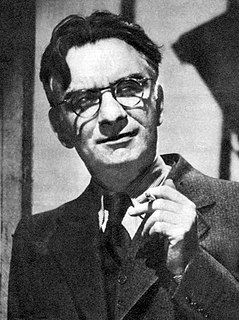A Quote by Nathaniel Hawthorne
His stories are good to hear at night, because we can dream about them asleep; and good in the morning, too, because then we can dream about them awake. (Cowslip)
Related Quotes
The good thing about writing books is that you can dream while you are awake. If it’s a real dream, you cannot control it. When writing the book, you are awake; you can choose the time, the length, everything. I write for four or five hours in the morning and when the time comes, I stop. I can continue the next day. If it’s a real dream, you can’t do that.
Most people dream a dream when they are asleep. But to be a writer, you have to dream while you are awake, intentionally. So I get up early in the morning, 4 o'clock, and I sit at my desk and what I do is just dream. After three or four hours, that's enough. In the afternoon, I run. The next day, the dream will continue.
"Only write what you know" is very good advice. I do my best to stick to it. I wrote about gods and dreams and America because I knew about them. And I wrote about what it's like to wander into Faerie because I knew about that. I wrote about living underneath London because I knew about that too. And I put people into the stories because I knew them: the ones with pumpkins for heads, and the serial killers with eyes for teeth, and the little chocolate people filled with raspberry cream and the rest of them.
Why do you dream? - because there are so many desires unfulfilled, and to live with unfulfilled desires is painful. In dream you try to fulfill them; in dream you create a false feeling of fulfillment. Hence your dreams show much about you: what your desires are, what you want to become. But if you want to become anything in life, you are asleep.
I dream about speaking in big forums about issues that need to be spoken about. I dream about helping others who I know and love, helping them realize their dreams. I dream about being able to express myself through acting and writing, definitely. I dream about bringing more realism into the world. Sometimes I just feel like certain things are so glossed over and covered up and swept under the rug and I just want to bring them out.
I have plenty of dream roles because there is so much I want to do, but my dream year would be to be in a single-camera comedy and then, on my hiatus, film a little low-budget indie drama. That would be a dream 12-month period. A dream role depends on having good material and working with people that I can learn from.
You could then use the dream to learn more about yourself, others, the world, and the nature of life. You can come awake in the matrix and realize you're the one in your own dream. People on the spiritual path can do that, thus they can avoid wasting the whole night, and use it in a developmental, nice way.
If I could dream, I know I'd dream about you.I'd dream about the way you smell and how your dark hair feels like silk between my fingers. I'd dream about the smoothness of your skin and the fierceness of your lips when we kiss. Without dreams,I have to be content with my own imagination—which is almost as good. I can picture all those things perfectly.
Maybe it’s not, in the end, the virtues of others that so wrenches our hearts as it is the sense of almost unbearably poignant recognition when we see them at their most base, in their sorrow and gluttony and foolishness. You need the virtues, too—some sort of virtues—but we don’t care about Emma Bovary or Anna Karenina or Raskolnikov because they’re good. We care about them because they’re not admirable, because they’re us, and because great writers have forgiven them for it.
When it’s too good, you do it over again. Too good is too easy. If it’s too easy you have to worry. If you’re not lying awake at night worrying about it, the reader isn’t going to, either. I always know that when I get a good night’s sleep, the next day I’m not going to get any work done. Writing a novel is like working on foreign policy. There are problems to be solved. It’s not all inspirational.




































